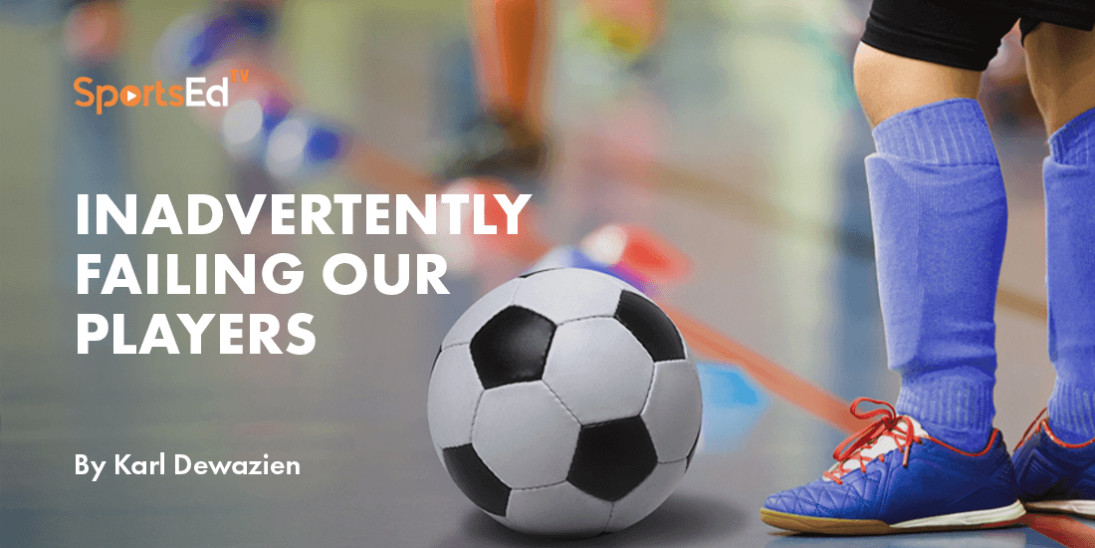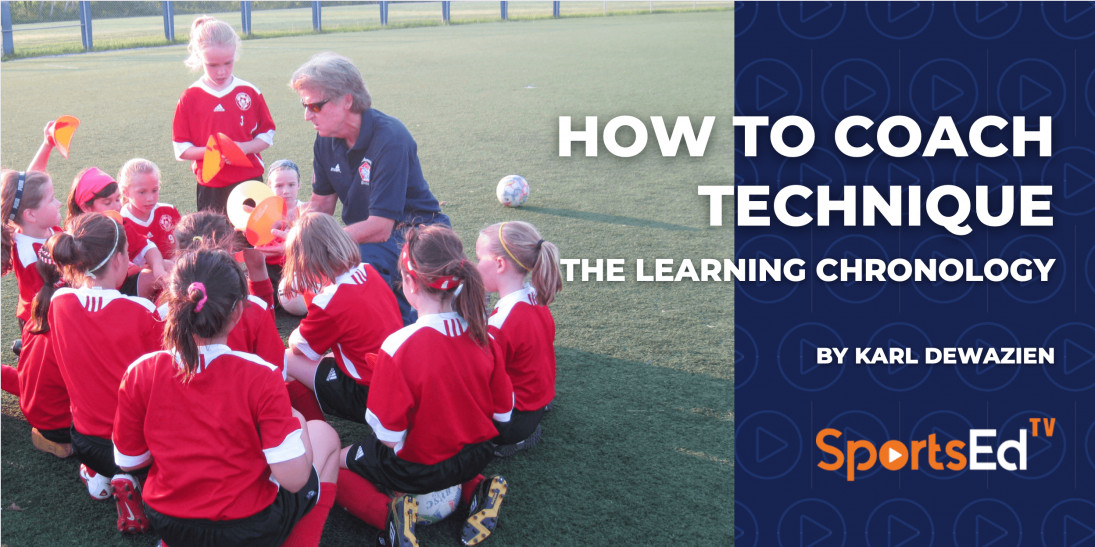Soccer
Welcome and thanks for visiting...

Turning The Tables On Sideline Behavior
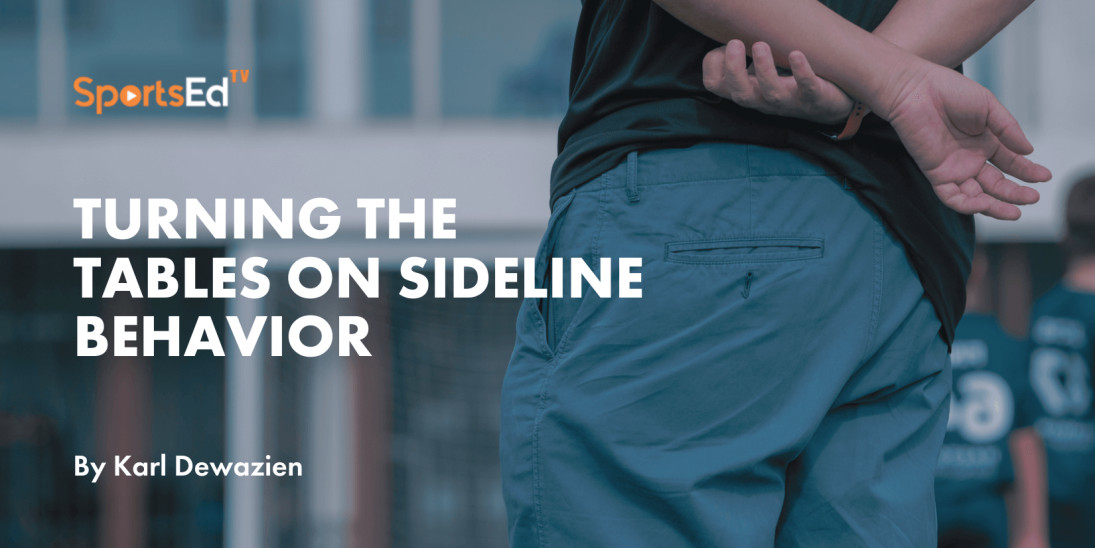
SportsEdTV Soccer is committed to bringing athletes, coaches, and parents pro-level Soccer education videos for FREE. All levels, anywhere, anytime. Check out our full instructional library and sign up to join our Soccer community.
Karl Dewazien of FUNdamental SOCCER, Emeritus State Director of Coaching for the California Youth Soccer Association 1978-2012, discusses how we can ignite our players' skills in this article.
Referees are well acquainted with the involvement of coaches and parents in officiating games from the sidelines, which is a persistent issue they face every season. However, envision a revolutionary transformation of the sidelines in youth soccer games.
Despite continuous efforts by soccer authorities to tackle the issue of inappropriate behavior from coaches and spectators on the sidelines, traditional measures such as signing conduct contracts, participating in silent sideline games, or even resorting to distractions like lolly pops have yet to bring about significant improvements.
The Problem:
Sideline behavior is a persistent issue in youth soccer, affecting players, referees, and the game itself. Many coaches, parents, and spectators tend to get too involved in officiating games from the sidelines, often shouting instructions, criticisms, or complaints at the players or the referees. Having negative consequences such as:
- Reducing the players’ confidence, creativity, and decision-making skills
- Increasing the players’ stress, anxiety, and frustration levels
- Interfering with the players’ learning and development process
- Undermining the referees’ authority and credibility
- Disrupting the flow and quality of the game
- Creating a hostile and unpleasant environment for everyone involved
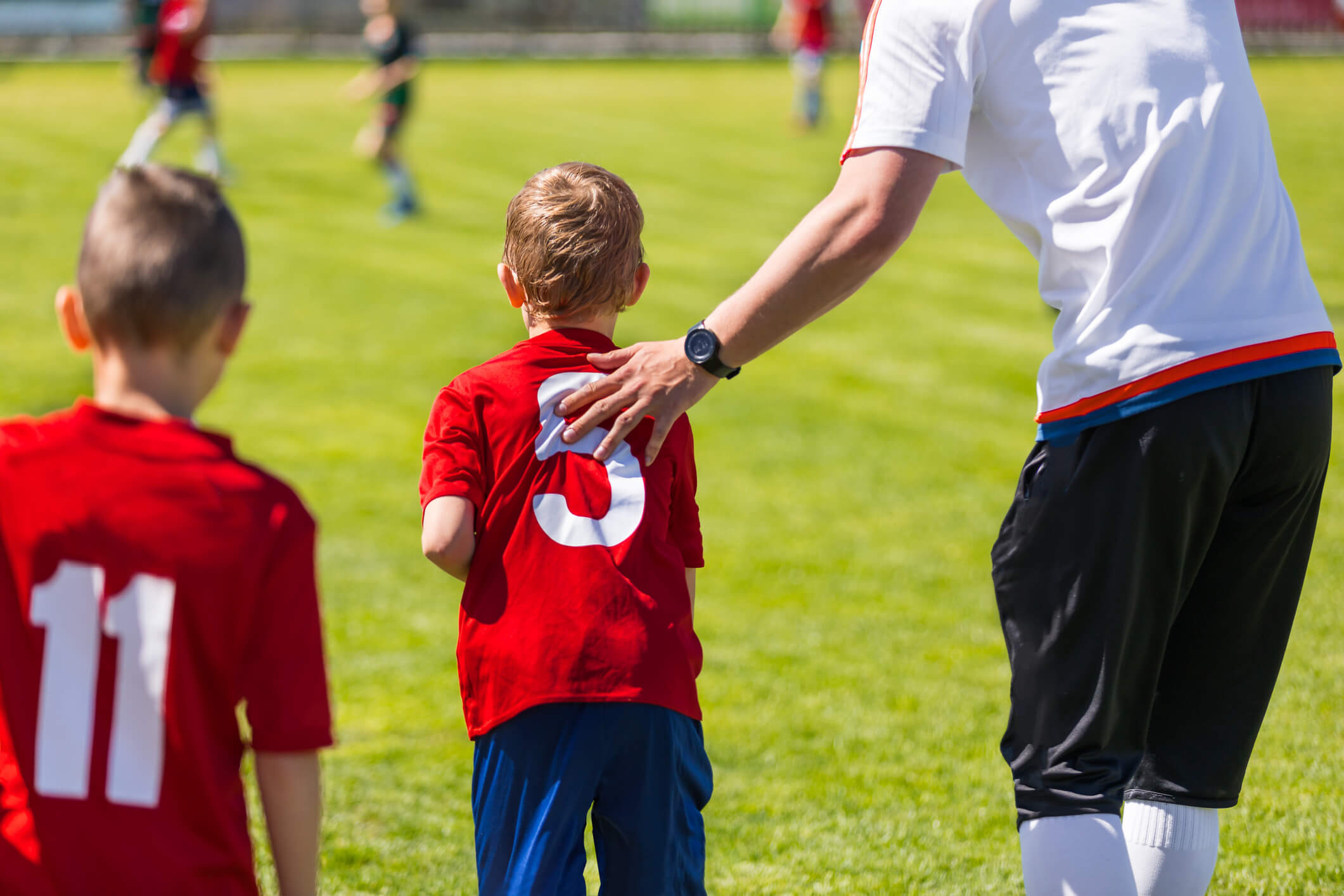 How youth soccer coaches and parents interact with players and referees during a match has a very significant impact on the players' experience during the game.
How youth soccer coaches and parents interact with players and referees during a match has a very significant impact on the players' experience during the game.
The Solution:
I am thrilled to introduce to you an innovative and exciting FUNdamental SOCCER Game that has the potential to improve sideline behavior:

The 'Role Reversal Game.'
Imagine a scenario where Coaches face reprimands from Referees, and Parents receive guidance from Assistant Referees. It may sound unconventional, but that's precisely what the 'Game' entails…
Apply FIFA Rules with the following modifications:
- Referee: To Verbally highlight/address the Coaches.
- Assistant Referees: To Verbally highlight/address the Parents.

Referees passionately address Coaches for their players’ inability:
In ATTACK:
-Read the Game – Lack of attentiveness as they tend to focus only on the ball.
-Run to Attack – Insufficient effort in getting into or creating space.
-Receiving the Ball – Poor control on the 1st Touch.
-Retaining the Ball – Losing the ball after too many dribbles
-Releasing the Ball – Inaccurate passes leading to turnovers.
-Shooting the ball wide or over the crossbar
In DEFENSE:
-Read the Game – Difficulty in determining their position on the field.
-Run to Defend – Failure to move and block potential goal-scoring opportunities.
-Ready Stance – Not using a defensive stance when engaging the 1st Attacker.
-Rejecting Advancement – Inadequate attempts at delaying the 1st Attacker.
-Regaining Ball Possession – Slide tackling or failing to complete the tackle.
Assistant Referees address Parents every time their child/player:
In ATTACK:
-Read the Game – Is ball watching rather than scanning.
-Run to Attack –Is bunched around the ball.
-Receiving the Ball – Struggles with the 1st touch.
-Retaining the Ball – Loses possession of the ball while dribbling.
-Releasing the Ball – Passes to the opponent or out of bounds.
-Shoots the ball wide or over the crossbar.
In DEFENSE:
-Read the Game – Does not become a defender when ball possession is lost.
-Run to Defend – Runs around the field with no purpose or strategy.
-Ready Stance – Does not get into the defensive stance (boxer stance).
-Rejecting Advancement – Does not attempt to delay the 1st Attacker.
-Regaining Possession – Over-reliance on slide tackling or missing the tackle.
Consider the multitude of calls/yells mentioned above; imagine the significant number of instances where the Referee would need to communicate with the Coaches and the Assistant Referee would need to address the Parent section to tackle each of these observed behaviors.
A BENEFIT:
- Coaches, parents, and spectators will experience what it feels like to be on the receiving end of comments and instructions. They might realize how inappropriate, unnecessary, or harmful their behavior is. They might also appreciate how difficult it is to be a referee.
Real-Life Experiences:
It is important to note that the 'Game' is not proposed as a practical solution but rather as a way to encourage thinking and reconsider current actions. By presenting this outrageous scenario, I hope it serves as a wake-up call to examine the impact of sideline behavior.
If Coaches can't be convinced to focus on coaching, Players on playing, and Parents on positive spectating, then considering playing the 'Reversal Game' might be worth it.
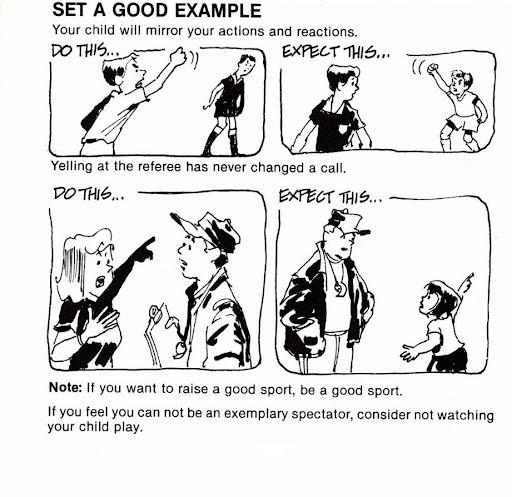
Call to Action:
I urge everyone to reflect on their behavior and pledge to nurture a more positive and supportive environment. I also encourage everyone to engage in the dialogue by leaving comments and sharing this article with their soccer community.
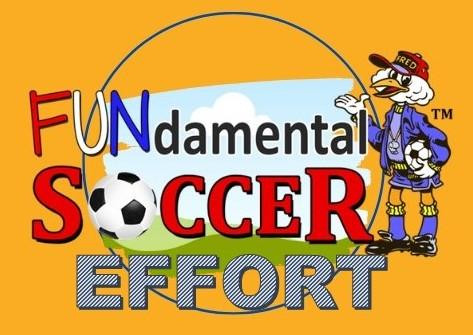
This is my unconventional effort to encourage everyone to consider the challenging situations referees face today and prevent future shortages across the USA!



